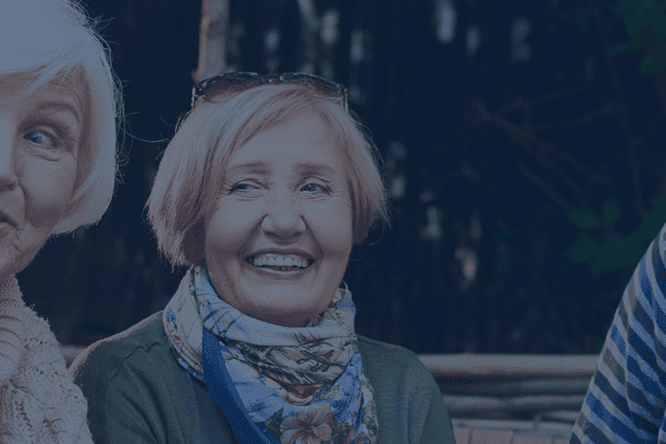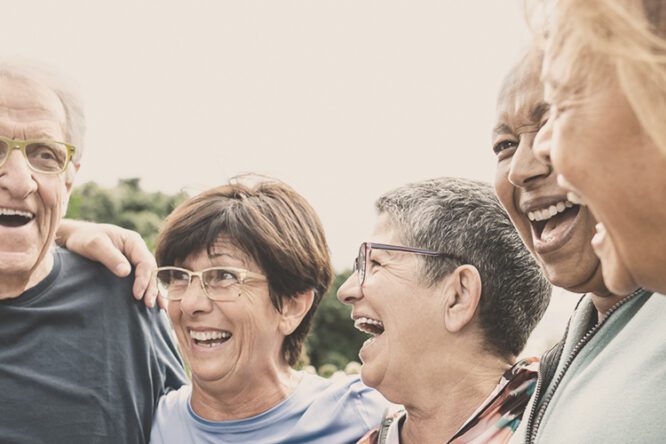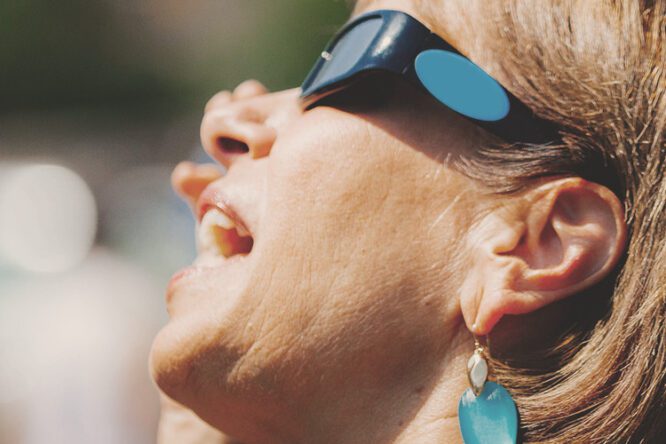June is Pride Month, which made the month’s first Roundtable guest – Sadiya Abjani of SAGE – not just well timed, but also fascinating, inspiring and insightful. SAGE is a leading LGBTQ+ aging cultural competency provider with decades as an educator that provides training programs and strategic guidance to help improve the lives of LGBTQ+ older persons.
The following are some of the lessons Sadiya shared during her presentation to the Roundtable group.
THE OLDER LGBTQ+ POPULATION
In 2014, it was estimated there were about three million gay and lesbian elders in the United States, surpassing the population of Chicago. However, Sadiya highlighted that these statistics are unreliable, due to fear and discrimination within the community, making it difficult to gather accurate data through formal studies. As a result, the actual numbers are likely higher than reported.
WHY THE POPULATION OF OLDER LGBTQ+ ADULTS IS NEGLECTED
Much of LGBTQ+ advocacy focuses on youth, while older persons are often overlooked. This neglect stems partly from the desexualization of older persons and the misconception that being LGBTQ+ is solely about sex. In reality, the LGBTQ+ identity encompasses community, culture, family and self-resilience.
Sadiya stressed the importance of acknowledging and supporting these identities in long-term care settings, challenging assumptions that discussing LGBTQ+ issues is about sex and that older persons are not sexually active. She advocated for open conversations to ensure safety, consent and awareness.
CHALLENGES WITH HEALTHCARE
There are several key issues faced by LGBTQ+ older persons in accessing health care and long-term care services. Sadiya noted that 40% of LGBTQ+ older persons report that their healthcare providers are unaware of their sexual orientation, which can be dangerous, given the high rates of certain health issues in this community. That lack of trust in the health care system can lead to self-medication.
SEEKING OUT LGBTQ+ COMMUNITIES
LGBTQ+ older persons seek communities that are specifically trained and advertised as LGBTQ+ friendly, as they are more likely to feel comfortable in such environments. It is important that communities hire LGBTQ+-friendly and display symbols of LGBTQ+ inclusion.
For more information about advocacy and services for LGBTQ+ older persons, visit the SAGE website and the National Resource Center on LGBT Aging.



